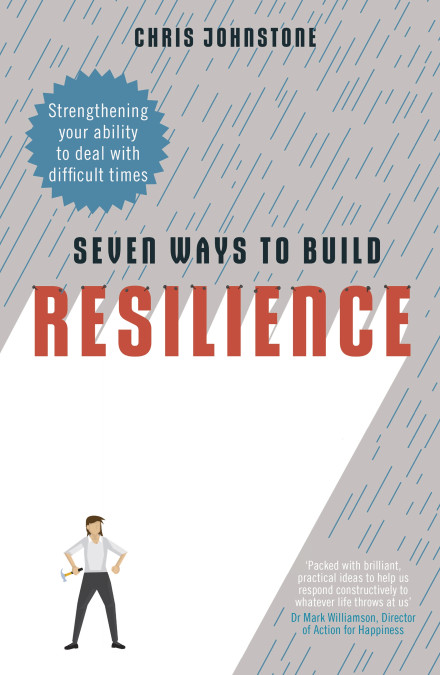Seven Ways to Build Resilience by Chris Johnstone
Raising resilience has been a focus of my work for several years, and Chris is one of my inspirations. Sometimes I wonder if the troubles of our times will keep growing faster than our capacity to handle them, but Chris’s book offers us all the chance of a big step-up in our resilience. Chris is … Read more

